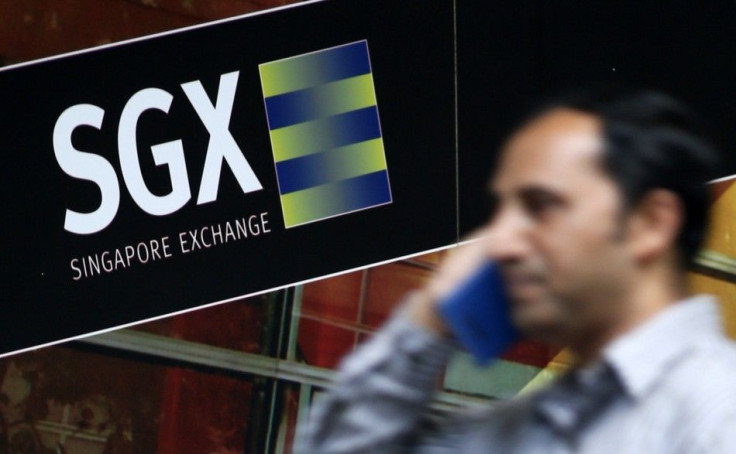Singaporeans Logs Largest Number of New Retail Investors in Past 5 Years

Because of the uncertainty surrounding Singapore's property sector, over 68,000 new Central Depository Accounts were opened in 2013. It is the largest number of new retail investors in the prosperous Southeast Asian nation in the past five years.
In 2012, some 51,000 Central Depository Accounts were created, according to data from the Singapore Exchange (SGX). The CDAs were opened for the account holder to venture into the stock market,
Lynn Gaspar, head of retail investors at SGX, pointed to the cooling measures and loan curbs made by the Singaporean government as the reasons behind the shift of money from property investment to stock market.
Gaspar explained, "In an emergency, the ability for you to liquidate property takes a longer time. So, the stock market is a good alternative for people to be able to come in and invest in a higher-yielding asset, not without risk ... But you can see the value of the asset you are investing in, you can make those decisions and there's also liquidity."
She pointed at the launch of the 2014 edition of SGX's StockWhiz online investing contest that the cost of living rises between four and six percent annually. But if Singaporeans place their money in the bank, it will earn them less than half percent interest, while property has become inaccessible to the average Singaporean.
To help reduce the risk of retail investor, SGX has been holding investor education seminars with about 85,000 attendees in fiscal year 2014, more than twice the number of attendees in the previous fiscal year at 32,000.
However, for people who do not live in Singapore or are too busy to attend GSX's seminars, they have the option of getting their investment education online.
InvestView (OTCQB: INVU), a Red Bank, New Jersey-based company,offers to the public products that would help individual investors find, analyze, track and manage their portfolio. The company does it through its online education, analysis and application platform that provides analysis, tools, education solutions and an application.
It delivers subscription-based financial education courses through InvestView's website. InvestView also allows new retail investors to use the portal's subscribed information on a 2-week trial period for $9.95.
InvestView's web-based tools were designed to simplify stock research and improve the investor's research efficiency. One such tool is the Market Point, which is made up of five sections, namely: Charts, Stock Watch, Market, Calendar and Campus.
Of course, investors could also supplement what they learn online from other sources of information such as seminars being conducted by bourses like SGX or brokers.
By pushing for more investment education activities, including the Stockwhiz, the GSX hopes to improve the proportion of retail investors in Singapore from its current 8 to 10 per cent of the population. Their aim is to at least match the 15 to 20 per cent proportion in Australia, the U.S. and Malaysia or Hong Kong's 25 to 30 per cent.
Stockwhiz is a three-month investing competition, using an application called TradeHero, available on mobile phones and tablets. Participants do not use real cash, but the winners with the best-performing portfolios get to keep their returns in real cash. At stake are prices worth over S$198,000.





















